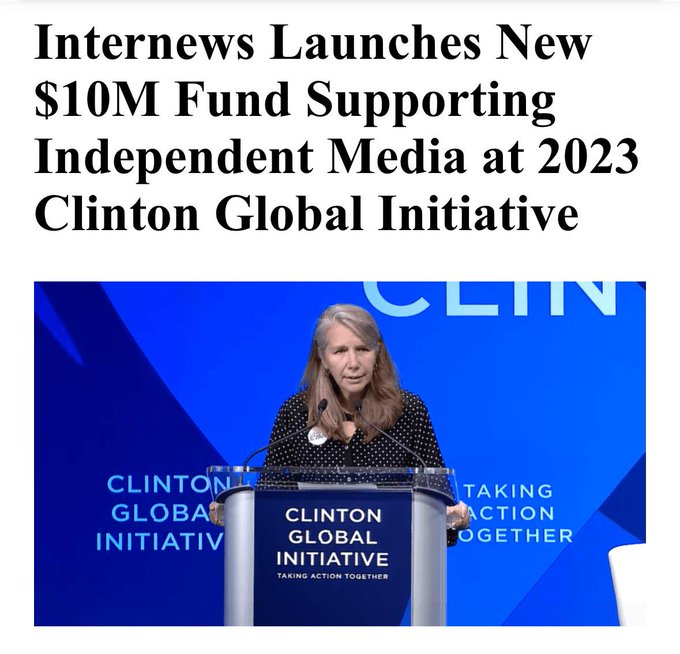Diogenes
Nemo me impune lacessit
They Believe They Are “Democracy”
The seven NGOs in the chart below, in my view, represent the Uniparty.
Each of these organizations receives substantial financial support from USAID or the Department of State.
Around 2019, the phrase “democracy in danger” began to dominate public discourse, amplified by the media.
This is odd. The U.S. is a constitutional republic.
But a pattern emerged: they are controlled by establishment politicians, they play a major role in shaping political narratives worldwide, and their core mission is always framed as “protecting democracy.”
Originally, these NGOs were created to support U.S. efforts abroad, many of them emerging during the Cold War to combat the spread of communism.
But with the fall of the Soviet Union, their original purpose faded.
Instead of dissolving, they redefined their mission.
Now, they have reinvented themselves as "the guardians of democracy".
This shift explains why Felonious Trump’s re-election was framed as a "threat to democracy."
To these NGOs, “democracy” means themselves.
Their survival depends on maintaining that role, and any challenge to their authority is perceived as a "direct attack on democracy itself".















